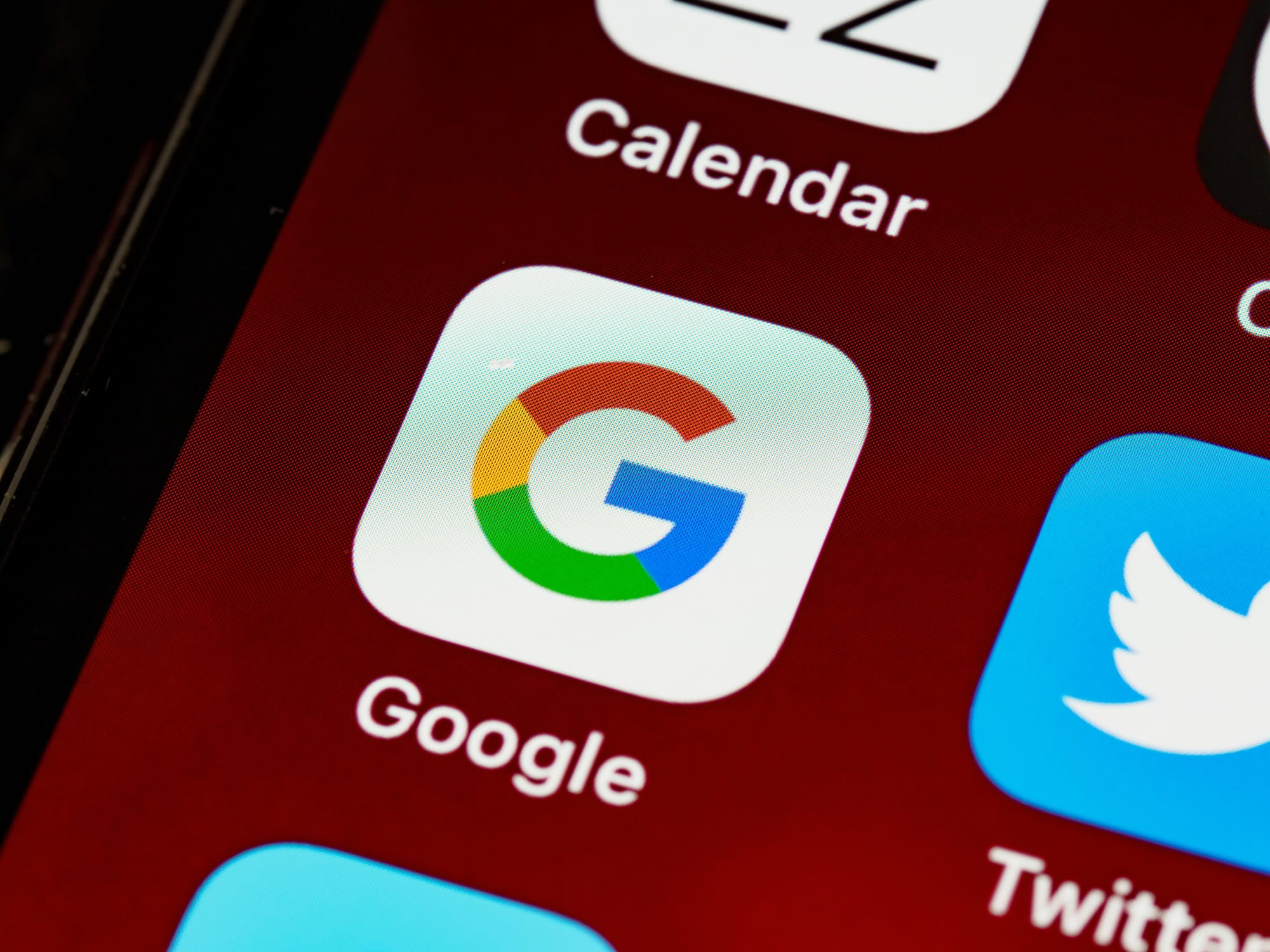In a groundbreaking development, Google has consented to erase billions of private browsing data records and accept certain restrictions on its ability to track users. This decision is part of a proposed settlement aimed at resolving a class action lawsuit filed in the United States in 2020. The lawsuit accused the technology behemoth of infringing on user privacy by collecting data even when users were browsing in "private mode" or using Google's Incognito setting, seeking a staggering $5 billion in damages.
While Google has backed the settlement, it continues to challenge the allegations laid out in the lawsuit. In response to the legal battle, the company has already initiated changes to its practices, including clearer disclosures about its data tracking policies during private browsing sessions. Remarkably, the data deletion is set to extend beyond the United States, signifying a global impact.
The lawsuit has cast a spotlight on Google's Incognito mode, touted for offering enhanced privacy by not saving browsing activity on the user's device. However, the legal proceedings uncovered internal Google documents that painted a different picture, with employees characterizing Incognito as "effectively a lie" and labeling it a "confusing mess."
Google's settlement includes a commitment to maintain a block on third-party cookies—a key tool for tracking user activity—for all Google Chrome users, a measure that was made automatic for Incognito users following the lawsuit's filing in 2020. This block is slated to remain in effect for five years as part of the settlement terms.
Jorge Castaneda, a spokesperson for Google, expressed the company's satisfaction with reaching a settlement, emphasizing their stance on the lawsuit's lack of merit. Google asserts that the technical data in question, which was never associated with individuals nor used for personalization, will be purged.
This settlement arrives amid growing scrutiny of Big Tech's practices, with Google facing ongoing legal challenges over privacy violations that could result in financial penalties. As Google navigates these turbulent waters, this settlement marks a significant moment in the ongoing dialogue about privacy, transparency, and accountability in the digital age.


 GOOG
GOOG
